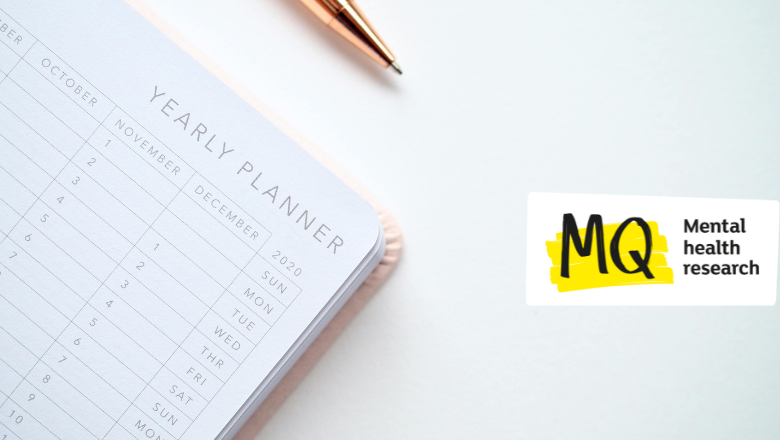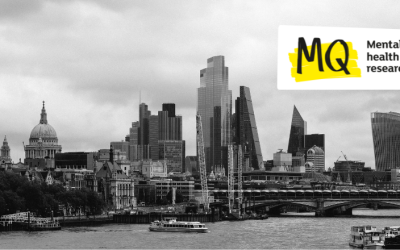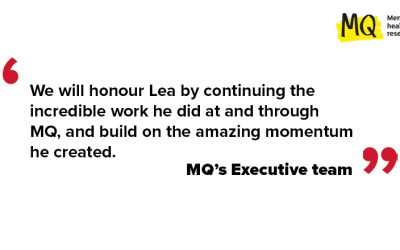In April 2020, the world was locked down due to Covid-19. Our lives and how we lived them changed overnight. Some of us might be feeling a lot of unexpected feelings at the times of year that remind of us difficult memories such as this, and with good reason. Whether it’s at the forefront of our minds or not, the anniversary of a traumatic event can have a psychological impact. The term ‘Traumaversary’ has crept into the mental health world in recent years. A ‘traumaversary’ is the anniversary of a traumatic event so let’s first define what this is.
What is a traumatic event?
A traumatic event is something that happens to us that causes us harm. This harm could be physical, emotional, or psychological. The causes might be another person, an event outside our control or a natural cause.
Traumatic events usually include an intense feeling of threat which affects our nervous system setting us into a physiological threat response. It might include the threat of death or actual death or serious injury, it might include threat to physical safety of yourself or others, feelings of intense fear, helplessness, or shock. As a result a person may view the world differently, feeling it to be unsafe and unpredictable.
Experiences like this may mean some people develop Post Traumatic Stress Disorder also known as PTSD or cPTSD (complex post traumatic stress disorder) symptoms. With work, we can understand these symptoms and their causes, taking time to process the events that occurred perhaps with the help of a therapist. Even then, anniversaries of traumatic events may bring specific challenges.
Trauma-related cues or “triggers”
People with traumatic experiences describe a “waxing and waning of PTSD symptoms” around the anniversary with intensifying struggles related to self-reflection, social connection and drawing a meaning from the trauma.
There may also be a lot of growth that comes around the time of an anniversary as we evolve through reflection on what happened, how it affected us and how far we’ve come since.
Thanks to social media, the term “trigger” has become a little diluted in colloquial language use. But in a clinical sense, a trigger is a trauma-related cue that induces a PTSD response. These reminders of a traumatic event could be a sight, sound, smell and indeed a date in the diary. Our physiological responses can be huge and unexpected. But there’s hope.
With self-reflection and support, trauma-related cues can be anticipated and linked to a particularly problematic moment. And in relation to traumaversaries, this may be a good way to practice working with and working through a trauma reminder.
Memorialising with meaning
Trauma anniversaries can be memorialised as a meaningful time to reflect, or they could become sources of anxiety. These times might be publicly shared trauma reminders, such as the anniversary of the Covid-related lockdowns or a natural disaster or terrorist attack. Others are personal and sometimes unknown by others, for example the death of a loved one or the date of a traumatic experience like being sectioned under the mental health act or a sexual assault.
Anticipated, time-linked trauma cues, whether public or personal can be a way to help us move through and let go of physiological trauma responses in a contained way, if done with compassion and patience, knowledge and support.
Danger of Resilience
Often people who experience trauma and survive are described as “resilient”. However refining and redefining what we mean by “resilience” is drastically needed for the good of those who’ve experienced trauma. This poses a challenge.
For example, does resilience mean tenacity or positivity? Optimism or hardiness are traits sometimes associated with those who’ve been through difficult times, but life never stays the same and neither do we. People who once might feel or be perceived as being optimistic or resilient may not always remain this way. People can change. Because these perceived traits can change, applauding vulnerable people as being resilient may leave them more susceptible to isolation when their circumstances or outlooks change.
There’s another a danger when applauding resilience that a person affected by trauma might feel “split”, meaning they feel the pressure to act differently in different settings and hide their true feelings. Whether this repression is done consciously or not, either way it can have an intense psychological impact. For example, a police officer might perform very well at work while experiencing high levels of PTSD symptoms which may not affect them at work but may very well have profound effects on their homelife or relationship to themselves.
MQ is working with researchers to help create new solutions to help emergency workers with PTSD recovery and prevent PTSD developing.
How to help yourself
If you’re experiencing distressing thoughts and feelings surrounding the anniversary of a traumatic event and the resulting experiences you might’ve had, you’re not alone and there are ways to help yourself and places to turn to get help. Here’s some suggestions on how to cope more healthily with traumaversaries such as this.
- Recognise and acknowledge feelings: Understand that your feelings are part of the recovery process. It may help to journal about your feelings by writing them down and taking time to reflect on what you’ve written.
- Begin a reflective ritual: much like we might remember a birthday with a party, it can help to remember difficult times with a ritual related to the anniversary. Perhaps gather friends together to talk about your real experiences or arrange a therapy session with a professional.
- Get proactive: If you feel the need to do something proactive, you could decide to volunteer your time to help a charity connected to a cause related to your traumatic experience or you could raise money for a charity.
- Stay active. Activities that allow your mind to focus on something other than these memories are a good coping strategy for some people. Taking a walk in nature, meditating, exercising may help. Maybe combine this with the previous point and fundraise with a charity event like a charity run.
- Remember and celebrate what we have lost: whether it’s grieving the loss of life or a life you wished to have, anniversaries can be a chance to remember and honour what is now no longer with us.
- Reach out to your support system. Talking to trusted friends and family in anticipation of difficult times is vital. Isolation is not good for mental well-being, so stay connected. Help is always available.



